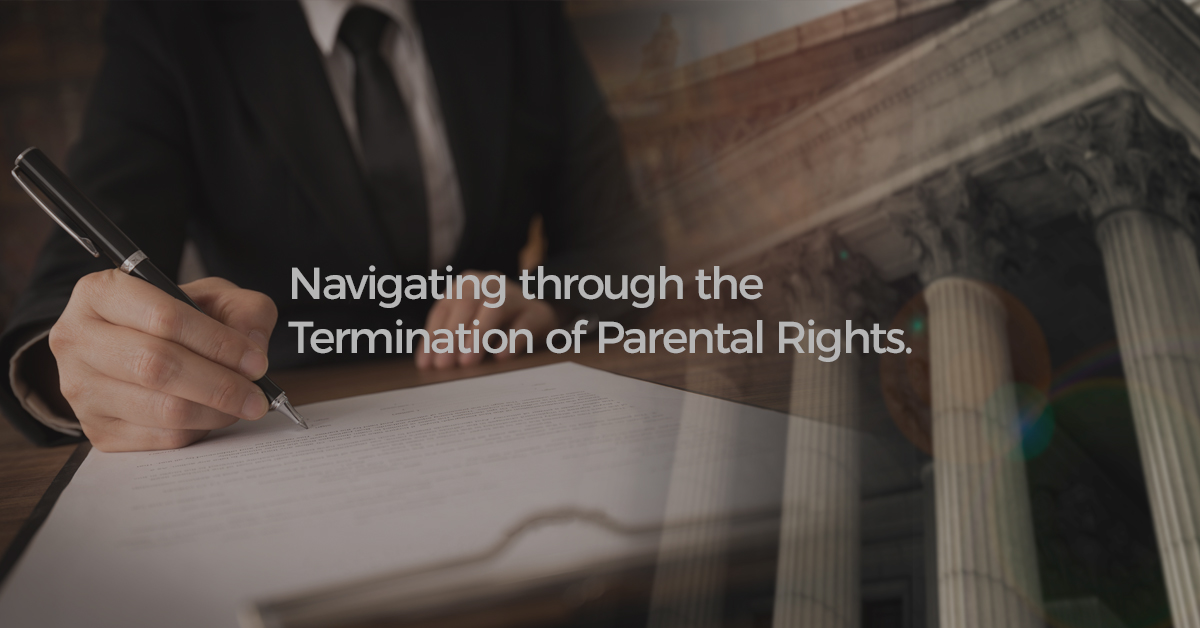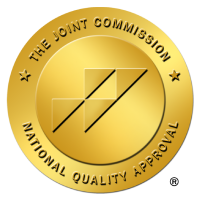TPR – “Termination of Parental Rights” – the final step before an adoption can move forward. On the surface, it might seem like just one more hurdle to go through in order to obtain permanency. In some cases that might really be true, but if you dig a little deeper, it can be a very emotional and difficult step for many different parties involved.
The roller coaster that is foster care doesn’t end at a TPR hearing; in fact, many people find this hearing to be more emotional and difficult to experience than they expected. The reality that is TPR means that the connection to a biological family is forever and legally severed. There is no going back. This means that the seemingly infinite hours of help offered by a county caseworker, attempts to reunify or find other biological family members, and all the hopes that “this time rehab might work,” have failed. And as a result, it is deemed by the courts that the best interest of the child/children is permanently removing them from their biological connection and being adopted by another family.
Understand that TPR does not necessarily mean that the biological family doesn’t love their child. Many times, what makes TPR so emotional is the fact that the biological mother or father are still that, moms and dads, but are caught in horrific cycles with abuse or addiction or in severe mental health crises. The reality that a parent is not fit to raise their own child is heartbreaking, and the TPR hearing should be treated as such. Parents are not caught off guard that this is coming, and sometimes they make the difficult decision to sign over their rights voluntarily, but no matter how it happens, TPR is a huge loss for a family.
With that said, it is important to look at TPR from another angle: through the eyes of a child. Sometimes children caught in the middle of this TPR decision have no clue about the magnitude of such a hearing simply because they are too young and really know nothing different than life with their foster family. But all too many times, the children are the innocent victims, and a TPR hearing can really be heartbreaking and life changing. Adoption might be a dream for this child, and the actual day of adoption may be much more positive and exciting, but to get there, the child has to experience TPR. These children are sometimes even a part of the hearing, giving a testimonial or simply just being present. Emotional outbursts, changes in behaviors at home, panic attacks, or the onset of depression may develop afterwards. Sometimes, no matter how much they want to be adopted or how happy they are in their current placement, TPR can really catch them off guard and leave them unprepared with big feelings that they are having to work through. These innocent children are asked to be brave and resilient and possibly even grateful to be able to start a new chapter; those can be overwhelming requests, and many struggle with that reality.
As a foster parent, the “outsider” to this case and the one who has been supporting reunification all along, TPR is extremely emotional and downright sad, as well. A TPR hearing often severs the connections foster parents have to the child’s biological aunts and uncles and grandparents – people you yourself may have become invested in knowing. Meanwhile, you are also left to pick up the pieces, yet again, and help your child move forward confidently, despite their having experienced something many grown adults never will.
So before you can start planning “adoption day” or ordering your matching T-shirts to wear as an official family, you will need to experience the intense grief at the loss of a ”first family” during the TPR hearing.
Below are my top five tips to try and help you parent through this difficult time:
- Acknowledge the intense emotions that come with TPR for everyone involved. Know that each party is grieving and grief presents itself in many different ways.
- Be a safe person for a child experiencing TPR to express their emotions without giving up on them or punishing them for possible extreme behaviors.
- If said big emotions or behaviors from a child are too much for you to handle, reach out for more professional help. Consider possibly anticipating the child having a difficult time, and arrange for professional help prior to TPR in order to work on coping strategies early.
- Plan ahead and seek advice on how to maintain contact with biological family members so that it is a healthy, positive relationship. Sometimes this is not possible, but perhaps you will have the opportunity to gather stories or photos or family history before TPR happens. Something is better than nothing.
- Be flexible and compassionate and know it is not about you right now. There is a lot more going on than just another step to adoption. Seek support for yourself, either from individuals who have already gone through this or from a professional.










